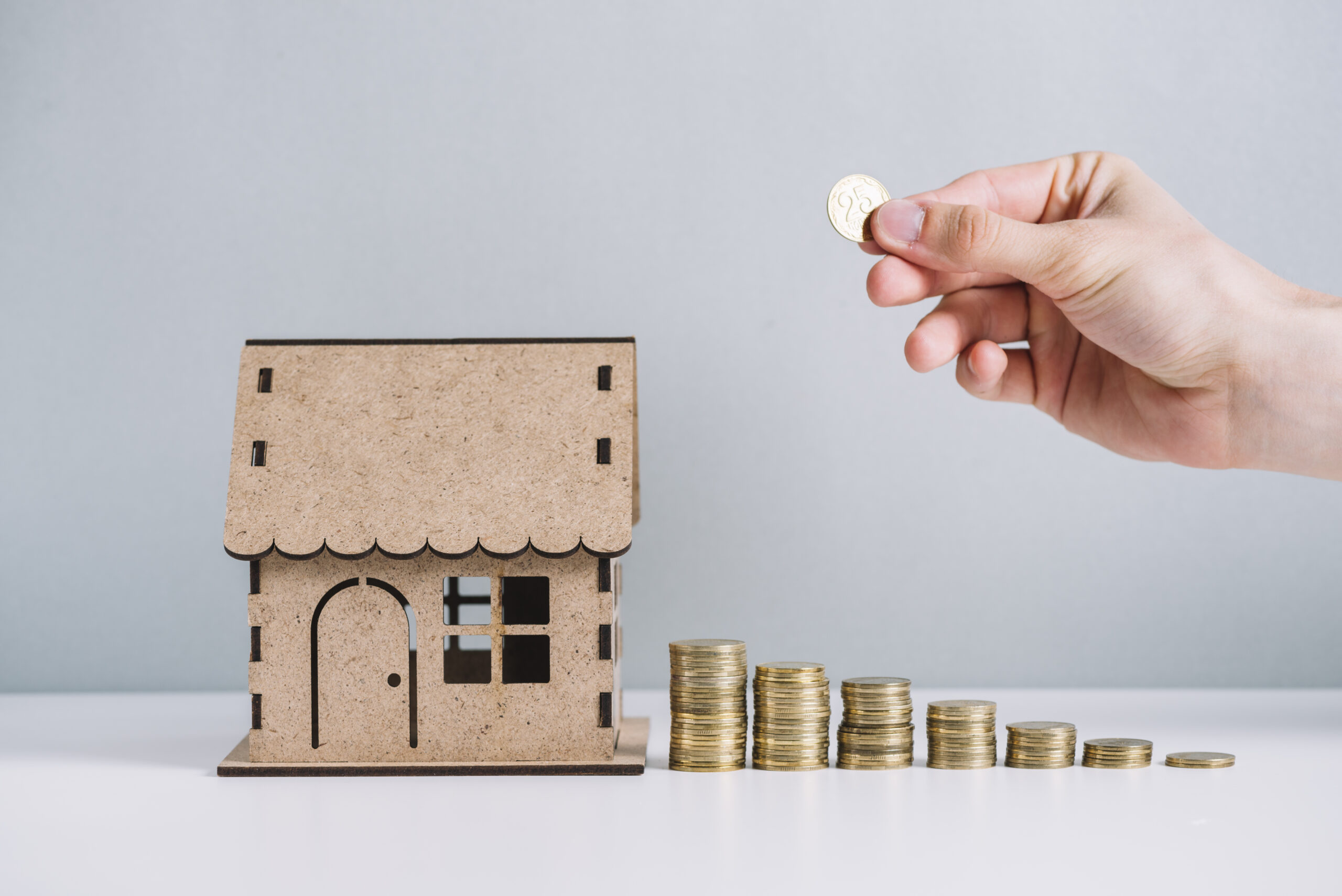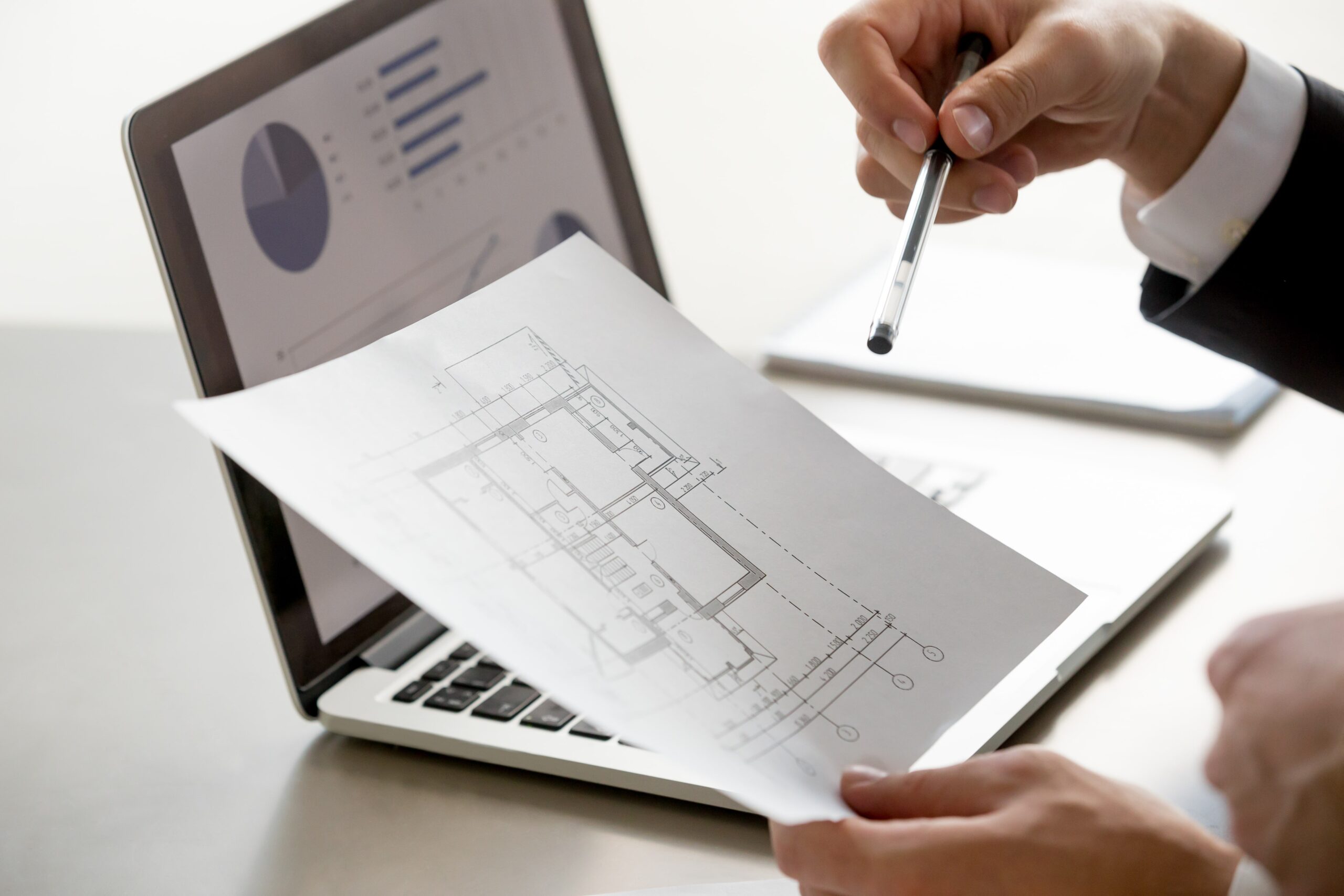Buyer's Guide
Why Invest in India?
India is one of the fastest growing economies of the world and is expected to rank as the 4th largest economy by 2026. The country is attracting many global majors for strategic investments owing to the presence of vast range of industries, supportive government policies and promising digital transformation.
Riding on this wave, Real Estate sector in India is also seeing increased investment by individuals and corporates both in residential and commercial. A conducive ecosystem at home such as low interest rates, rapid urbanization and increased demand on home loans make it a golden opportunity for an NRI to invest now.
FAQ for NRI
1Who is an NRI?
As per India’s Foreign Exchange Management Act (FEMA) 1999, an NRI or Non-Resident Indian is a citizen of India, or a foreign national of Indian-origin, living outside India for employment, business or any other vocation, which would indicate his intention to stay outside India for an indefinite period. An Indian would also be termed as an NRI if his stay in India is less than 182 days during the previous financial year (April-March)
2Are there any formalities required to be completed by foreign citizens of indian origin for purchasing residential immovable property in india under the general permission?
Applications for repatriation of sale proceeds are considered, provided the sale takes place after three years from the date of final purchase deed or from the date of payment of the final instalment of consideration amount, whichever is later. They are required to fill a declaration form of IPI 7 with the Central Office of Reserve Bank at Mumbai within a period of 90 days from the date of purchase of immovable property or final payment of purchase consideration along with a certified copy of the document evidencing the transaction and bank certificate regarding the consideration paid.
3Can sale proceeds of such property when sold be remitted out of India?
With respect to residential properties purchased on or after 26th May 1993, Reserve Bank considers applications for repatriation of sale proceeds up to the consideration amount remitted in foreign exchange for the acquisition of the property. The balance amount of sale proceeds, if any or sale proceeds with respect to properties purchased prior to 26th May 1993, will have to be credited to the ordinary non-resident rupee account of the property owner.
4Can such property be sold without the permission of reserve bank?
Reserve Bank has granted general permission for the sale of such property. However, when the property is purchased by a foreign citizen of Indian origin, funds towards the purchase consideration should either be remitted to India or paid out of balances in NRE/FCNR accounts.

FAQ for Investor
1What is the procedure for execution of the agreement for sale?
- Firstly, the payment of adequate stamp duty on the Agreement for Sale.
- Secondly, Execution of the Agreement for Sale by the Developer/Promoter and the Purchaser.
- Thirdly, Registration of Agreement for Sale.
2What is stamp duty and who is liable to pay the stamp duty, the purchaser or the developer?
Stamp Duty is supposed to be paid every time there is a transfer of ownership. It is calculated on the total value of your property. The amount to be paid varies from city to city.
FAQ for Home Loans & Documentation
1When will the loan be disbursed?
Your loan will be disbursed on:
1. Your identification and selection of the property
2. Submission of the legal documents
3. Legal and technical clearance of the property
4. Investment of your contribution towards the property
2When can I apply for a loan?
You can apply for a home loan even before selecting a property. The loan amount would be sanctioned or approved, based on your repayment capability.
3What are the various types of loans available?
1. Home Loans
2. Land Loans
3. Home Equity Loans
4. Office Premises Loans (All of these are available on an adjustable rate or a fixed rate)
4What are the documents you need to check before buying?
- Check for proper conveyance of Title in favor of the builder.
- Check the license/development, right/approvals of the builder.
- Check for clarity and marketable title of the project.
- Ensure execution of proper Allotment Letter/Sale Agreements on your payments.
- Ensure whether reputed financial companies approve the project. This will help you in getting financial loans.
- Check the tentative layout/building plan and verify the plinth area of the apartment. It is advisable to check the carpet area of the apartment and find out if the difference between plinth area and carpet area is reasonable.
- Ask for Occupation/Completion Certificate.
- Ensure that the Conveyance Deed is registered after the entire payment has been made.
- For buying a property you need to check the Deed of Conveyance, Mutation Certificate (for complete property), Land Registration Status, Sanction Plan, Search Report and Payment Schedule (for under construction). It is a must that you go through all the documents related to the origin of the property, chain of Title, Occupancy Certificate, sanctions from various authorities dealing with building plans, fire safety and Completion Certificate.
- For re-sale property, check demand notice related to renovation, tax dues and latest receipts of payments made towards various out-goings such as water, electricity and ground rent.
5What is stamp duty and who is liable to pay the stamp duty, the purchaser or the developer?
Stamp Duty is supposed to be paid every time there is a transfer of ownership. It is calculated on the total value of your property. The amount to be paid varies from city to city. It is to be paid by the purchaser/buyer.
FAQ for Redevelopment
1What is meant by RERA carpet area, built-up area & super built-up area?
Rera carpet area means the net usable floor area of an apartment including column and column kopri area & excluding the area covered by the external walls. The term "built-up area" includes both the space taken up by your home's walls and its carpet. The whole area under the common areas, including the lobby, stairwell, elevator, and hallway outside the unit, is referred to as the super built-up area.

